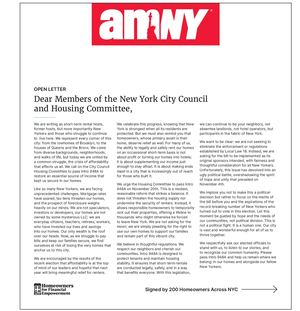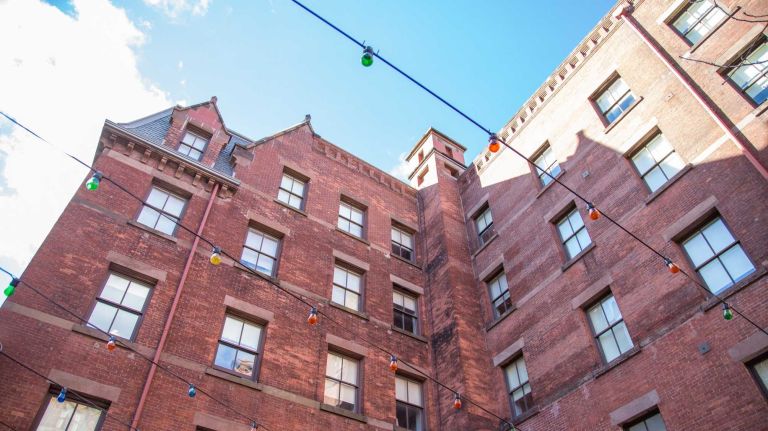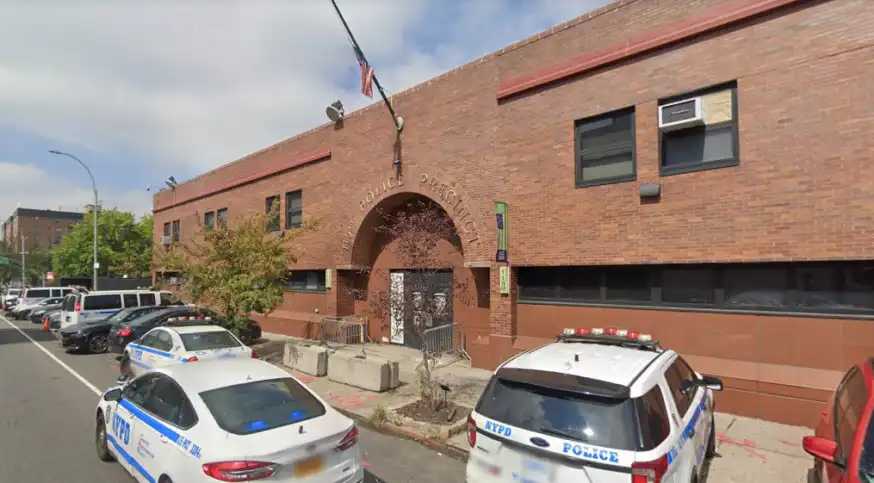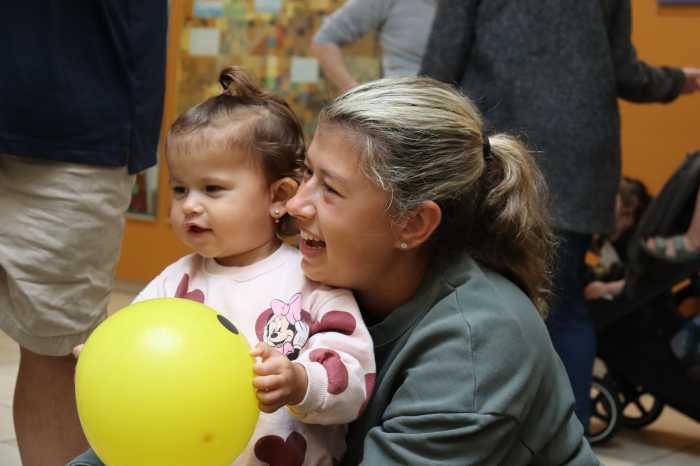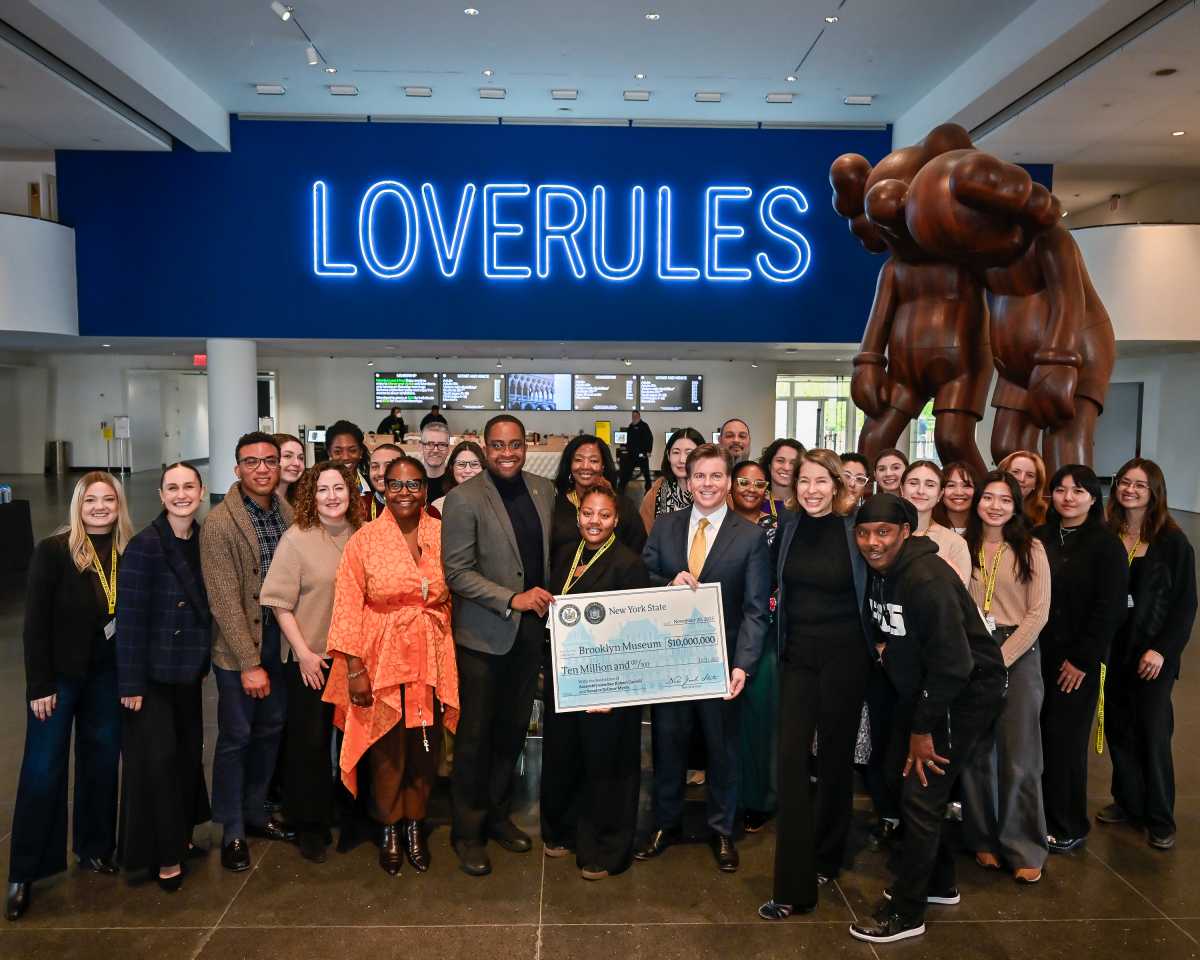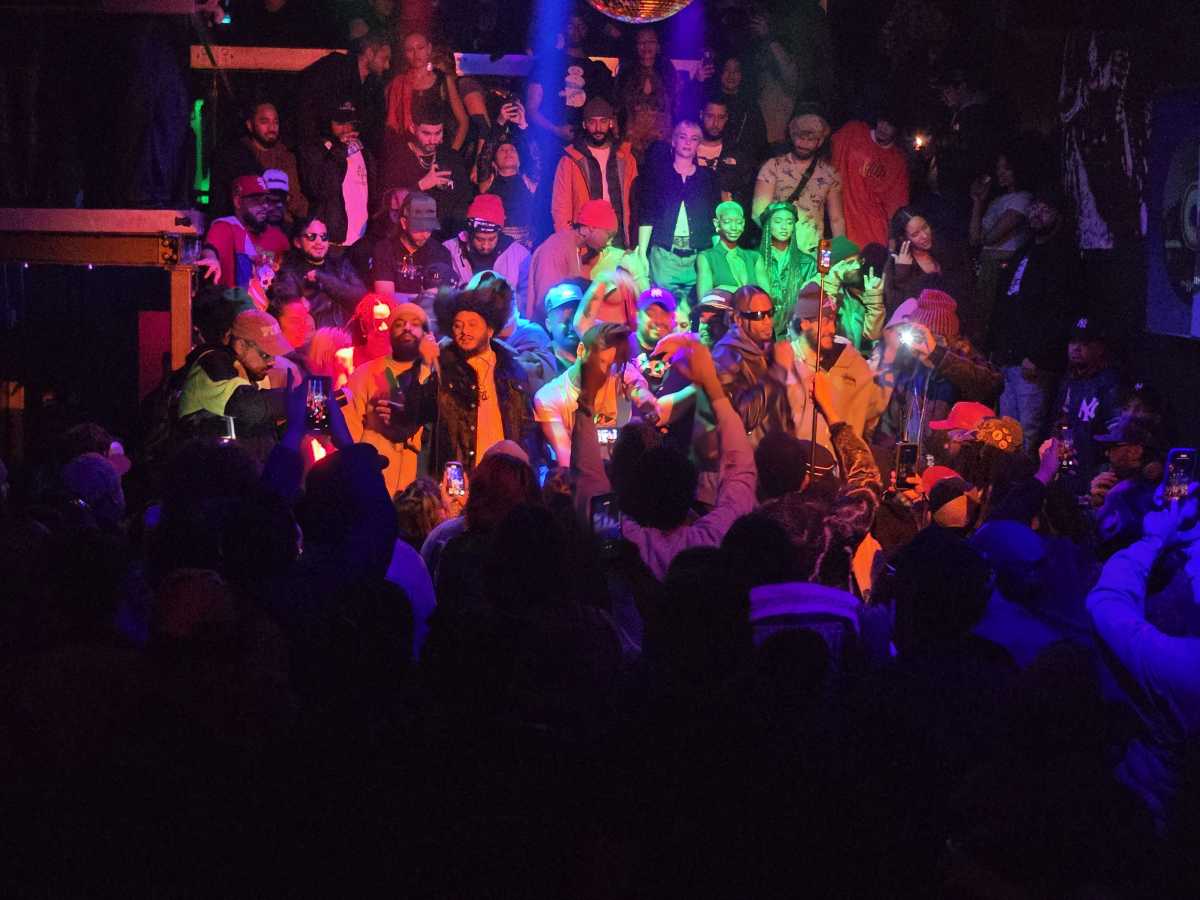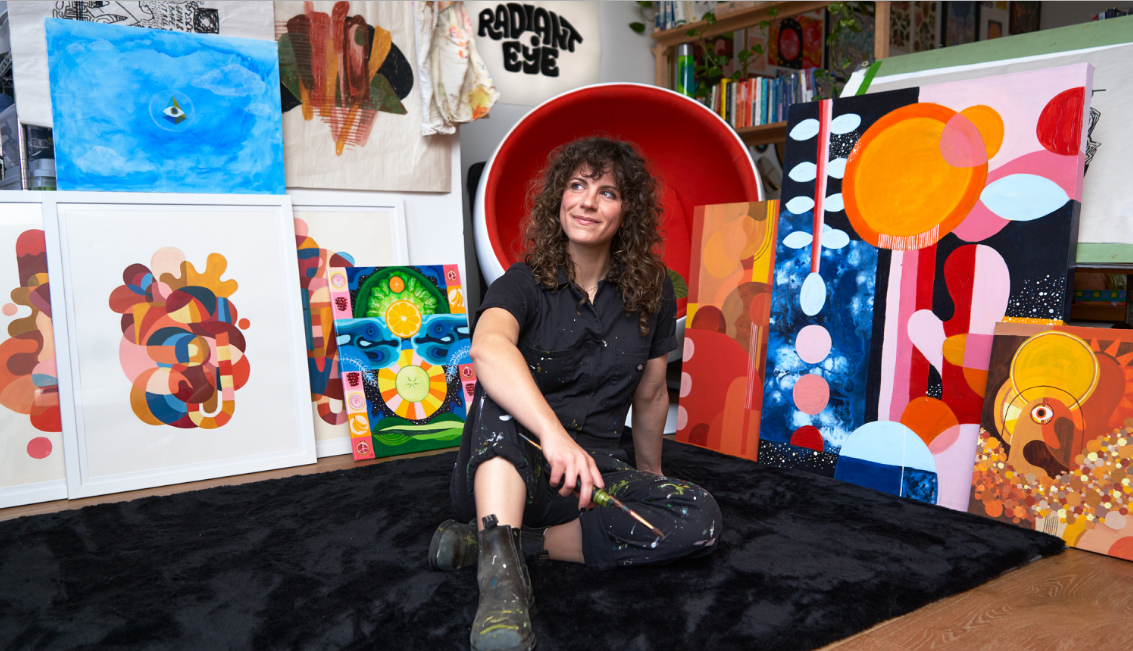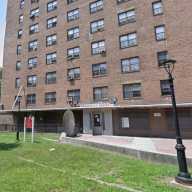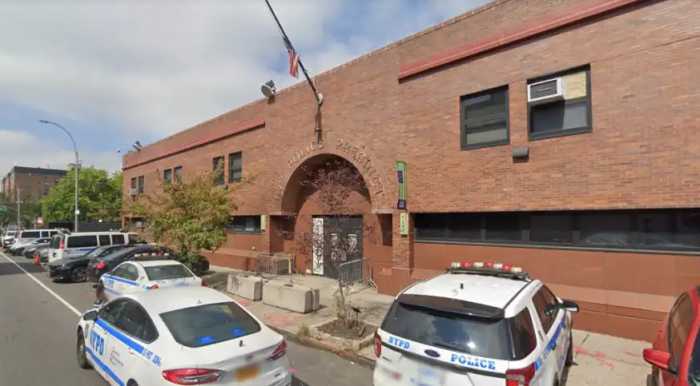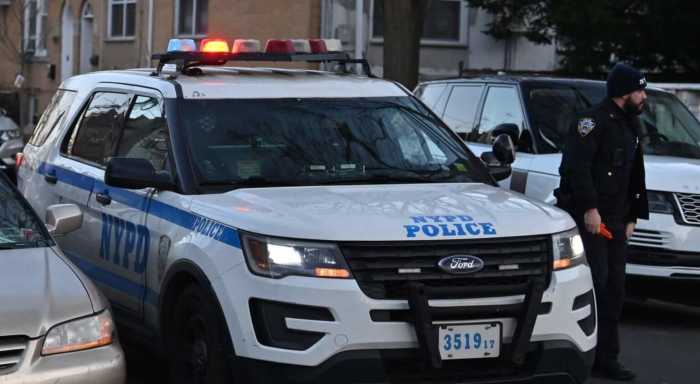
Several City Council members are pushing to legalize youth hostels in New York City, five years after a citywide crackdown wiped them out.
In 2010, the state legislature passed the “Illegal Hotels Bill” that outlawed using residential units as hotel rooms, shutting down virtually the entire hostel industry in New York. Fifty-five hostels across the city were shuttered for either violating zoning laws or operating under conditions that the city deemed dangerous.
Former City Council member Mark Weprin introduced a bill in February to regulate hostels, allowing them to open and operate in commercial zones. After Weprin resigned in June to work for Gov. Andrew Cuomo the bill was taken up by Council Member Margaret Chin.
Like Weprin, Chin also claimed that the city lost millions in revenue over the past few years because many young travelers can’t find affordable accommodations and skip the city.
“What we’re doing is resolving this unintended consequence in legislation that would allow hostels to operate in a reasonable manner and take advantage of this pool of global tourism,” said Paul Leonard, a spokesman for Chin, a Democrat who represents lower Manhattan. A spokesman for Mayor Bill de Blasio said that the administration is reviewing the legislation and has no official position yet.
Other sponsors of the bill are council members David Greenfield, Jumaane Williams, Rafael Espinal Jr. and Karen Koslowitz.
About five hostels currently operate in the city but they categorize themselves as hotels on the city’s books while advertising as hostels or offer “hostel-like” amenities, with the exception of the nonprofit organization Hostelling International that received a special permit by the city in 1989 to operate as a hostel.
Hostels offer cheaper lodging than hotels by charging per bed stay rather than for a room. Under this situation guests often stay with strangers in dorm-style rooms with bunk beds, differentiating them from hotels. The average price to stay at New York City hostel is $40-50 per night during the winter and $70 in the summer.
Many hostels also provide free food for guests and include amenities that encourage them to interact.
For example, Hostelling International, which has a hostel on 104th Street and Amsterdam Avenue, has a pool table that’s open all night and a theater room. Young travelers are particularly attracted to hostels because they typically travel on tighter budgets.
Josh Willyeo, a 25-year-old from Northern England, stayed at Hostelling International, during his visit to New York this month. This was Willyeo’s third trip to New York but his first time staying at a hostel instead of a hotel.
“To be honest you’re not really getting much more out of a hotel in New York as opposed to a hostel,” Willyeo said. “Sure, you’re sharing a dorm with a few other guys, but cost wise it’s way better and it’s clean.”
But cheap accommodations comes at the expense of privacy and an added risk of theft. Various hostels have received complaints over theft, roommates harassing each other, making noise and having bad odor. Most hostels try to accommodate by allowing room transfers or by offering safe storage.
Chin said that New York has lost out on millions in revenue because of restrictions on hostels and a report by HostelWorld, a hostel booking company that is in favor of the bill, says that figure is upward of $1 billion. Thousands of young tourists skipped visiting New York City for the past few years because of a lack of accommodations, according to Chin.
While some speculate that the New York City hospitality industry is facing a glut due to a rising supply of hotel rooms, many supporters of the bill argue that hostels would not compete with hotels because they cater to a different clientele.
“We have been very supportive of hostels in the past, and agree that they do not compete with our hotels,” said Lisa Linden, a spokeswoman for Hotel Association of NYC. Linden would not comment on the pending legislation.
Hostels are prohibited in New York because they were never defined in either the city’s list of building classification or in the city housing maintenance. Thus barring them from renting space to transient renters who stay 30 days or less.
“Surprisingly, New York City has actually prohibited for-profit hostels from operating in the city of New York for many decades,” said Sarra Hale-Stern, a district office director for New York State Senator Liz Krueger, a Democrat who represents the East Side of Manhattan and was the prime sponsor of the “Illegal Hotels Bill.”
The bill that’s pending before the City Council would give recognition to hostels under the city building code, open an office to regulate them and permit them to open in commercial neighborhoods only.
But don’t count on seeing the hostels that the city shut down since 2010 reopening. Those hostels were operating in dangerous conditions or in residential zones, which is prohibited under state law.
The Hotel Trade Council, a lobby that represents hospitality workers, criticized the city council bill earlier this year, claiming that the hospitality industry was facing a glut. But the lobby has since reconsidered their position, adding that the city should include “input from all community stakeholders” in areas that would have hostels.
One of the lures of bringing hostels to New York City is that the industry is a major competitor with Airbnb, which has become somewhat of a thorn for New Yorkers.
A factor that led the state to pass the 2010 “Illegal Hotel Bill” was the concern that Airbnb was diminishing availability in an already tight housing market. At the time landlords were found converting residential units into hotel rooms through Airbnb.
Last year a report by the New York attorney general’s office found that approximately three quarters of Airbnb rentals in New York City were illegal.
In November, Cuomo announced that the state will spend $50 million over the next year to market and promote tourism in New York City. That investment could draw a better return if the city had more room to accommodate for young travelers.
Arthur Kremer, a spokesman for Hostelworld, said that New York has been slow to develop its hostel market compared to other major American cities. Kremer said Chicago adopted laws to regulate hostels and encourage their construction while Boston allowed a major hostel facility to be constructed. “Miami already has 3 or 4 major hostels and the city made changes in the law having to do with room occupancy and what kinds of facilities hostels need in order to operate,” Kremer said.
Read more: Rare Earthquake Hits NYC, Raises Preparedness Concerns
